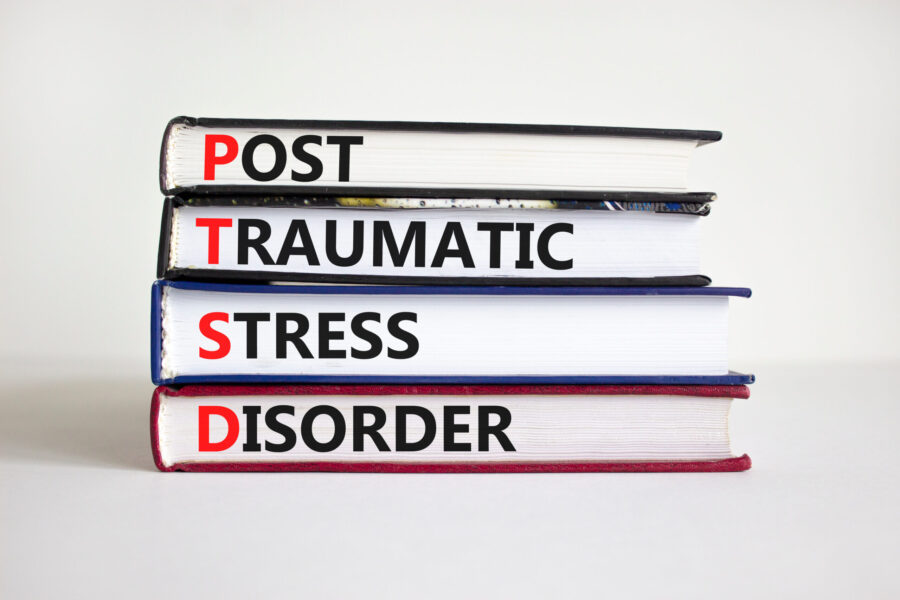Post-Traumatic Stress Disorder (PTSD) is an ailment that extends its reach into every corner of life. Marked by symptoms like flashbacks, nightmares, anxiety, and mood swings, PTSD is invasive. Not only does it affect the individual, it also touches those closest to them.
This article provides a thorough examination of how PTSD impacts daily life, shedding light on the need for comprehensive support systems.
Emotional and Psychological Well-being
Individuals suffering from PTSD find themselves on a perpetual emotional rollercoaster, where feelings of fear, anger, sadness, and guilt interchange rapidly. This often happens in a moment’s notice, and is hard to manage without a support network and the counsel of professionals.
The constant state of hyperarousal keeps one perpetually on edge, turning the world into a landscape filled with potential threats. This heightened vigilance can exhaust mental reserves, leading to burnout and emotional numbness, making it difficult for those affected to find joy or satisfaction in activities they once loved.
Physical Health Implications
The stress response associated with PTSD isn’t just a psychological phenomenon; it has tangible physical health implications. The chronic activation of the body’s stress response system can lead to many health issues, including cardiovascular disease, gastrointestinal problems, and musculoskeletal conditions. Sleep disturbances, a common symptom of PTSD, further increase these health risks, compounding fatigue and diminishing the immune response.
Impact on Relationships and Social Life
PTSD can create invisible barriers between individuals and their loved ones. The struggle to articulate the trauma, coupled with the fear of triggering flashbacks or being misunderstood, often leads to withdrawal and isolation. Relationships may suffer as partners, family members, and friends find it challenging to navigate the changed landscape of their loved one’s emotional world. Social life dwindles, not only from the avoidance of potential triggers but also from the sheer exhaustion of maintaining a façade of normalcy in public settings.
Professional Life and Productivity
The workplace is not immune to the repercussions of PTSD. Concentration difficulties, memory problems, and the inability to tolerate stress can significantly impair productivity and performance. For some, the fear of exposure to certain people, places, or situations related to their trauma makes it nearly impossible to maintain regular employment. This volatility can lead to financial instability, further compounding the stress and anxiety already present.
Quality of Life
Ultimately, the cumulative effect of PTSD on emotional, physical, and social well-being significantly diminishes the overall quality of life. The constant battle with symptoms can make life seem like a series of obstacles rather than a journey to be enjoyed. The pervasive sense of danger and expectation of harm can overshadow moments of happiness, making it challenging to envision a future free from the condition’s grip.
Pathways Toward Healing
Despite the daunting challenges posed by PTSD, there are steps one can take towards healing. Access to trauma-informed care, encompassing both psychotherapy and medication when necessary, can make all the difference. Equally important is cultivating strong support networks, offering empathy, understanding, and encouragement. Self-care practices, mindfulness, and techniques for grounding can also play a role in managing symptoms.
The effects of PTSD on daily life are profound and far-reaching, affecting nearly every aspect of existence for those who battle with this condition. Understanding the multifaceted impact of PTSD is the first step toward empathy, support, and effective intervention.
As we continue to expand our knowledge and resources, there is hope for those affected by PTSD to reclaim their lives, piece by piece, moving toward a future where the shadows cast by trauma begin to recede, allowing light, hope, and healing to take their place.

